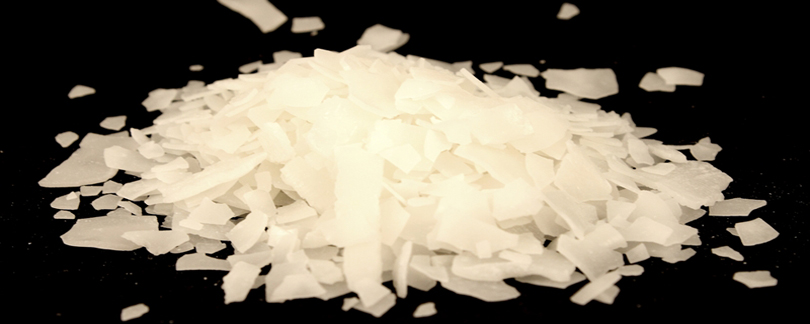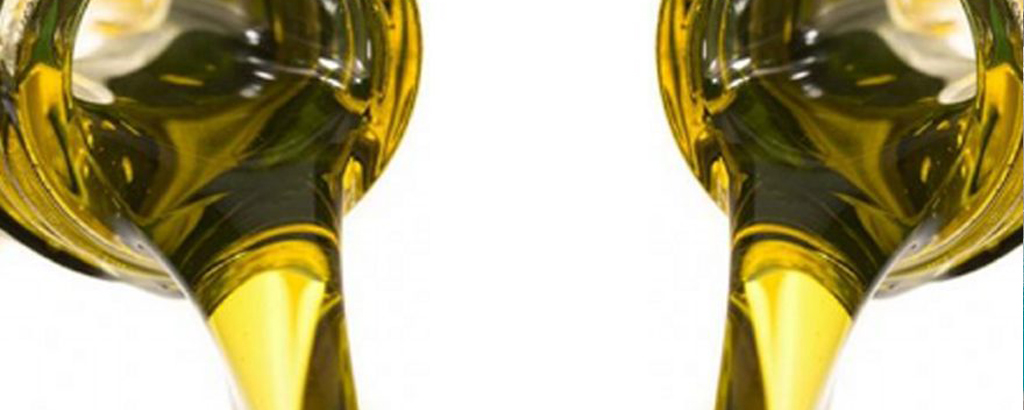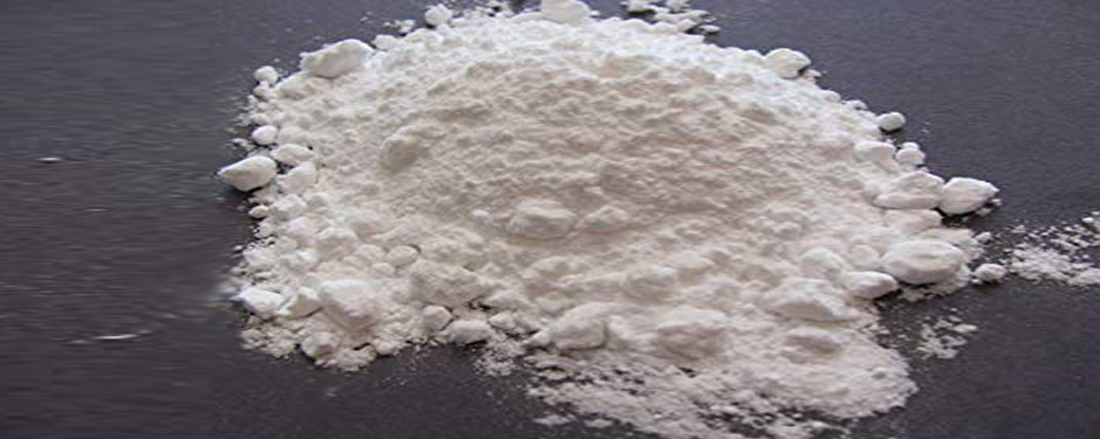SUCCINIC ACID AR
Succinic acid is a dicarboxylic acid with the chemical formula (CH2)2(CO2H)2.[5] The name derives from Latin succinum, meaning amber. In living organisms, succinic acid takes the form of an anion, succinate, which has multiple biological roles as a metabolic intermediate being converted into fumarate by the enzyme succinate dehydrogenase in complex 2 of the electron transport chain which is involved in making ATP, and as a signaling molecule reflecting the cellular metabolic state.It is marketed as food additive E363.
Succinic acid can be produced via catalytic hydrogenation of maleic acid or maleic anhydride, a process that is both expensive and harmful to the environment. It could also be produced via fermentation.
It is a common organic acid, which can be used in many food, chemical, and pharmaceutical industries as a precursor to generate many chemicals such as solvents, perfumes, lacquers, plasticizer, dyes, and photographic chemicals. Succinic acid is also used as an antibiotic and curative agent.
Succinate is a product of substrate-level phosphorylation materialized in the CAC; it is involved in a macrophage-specific metabolic pathway generating itaconate, and is also a downstream product of the α-ketoglutarate dehydrogenase complex, a heavily regulated multi-subunit complex.








